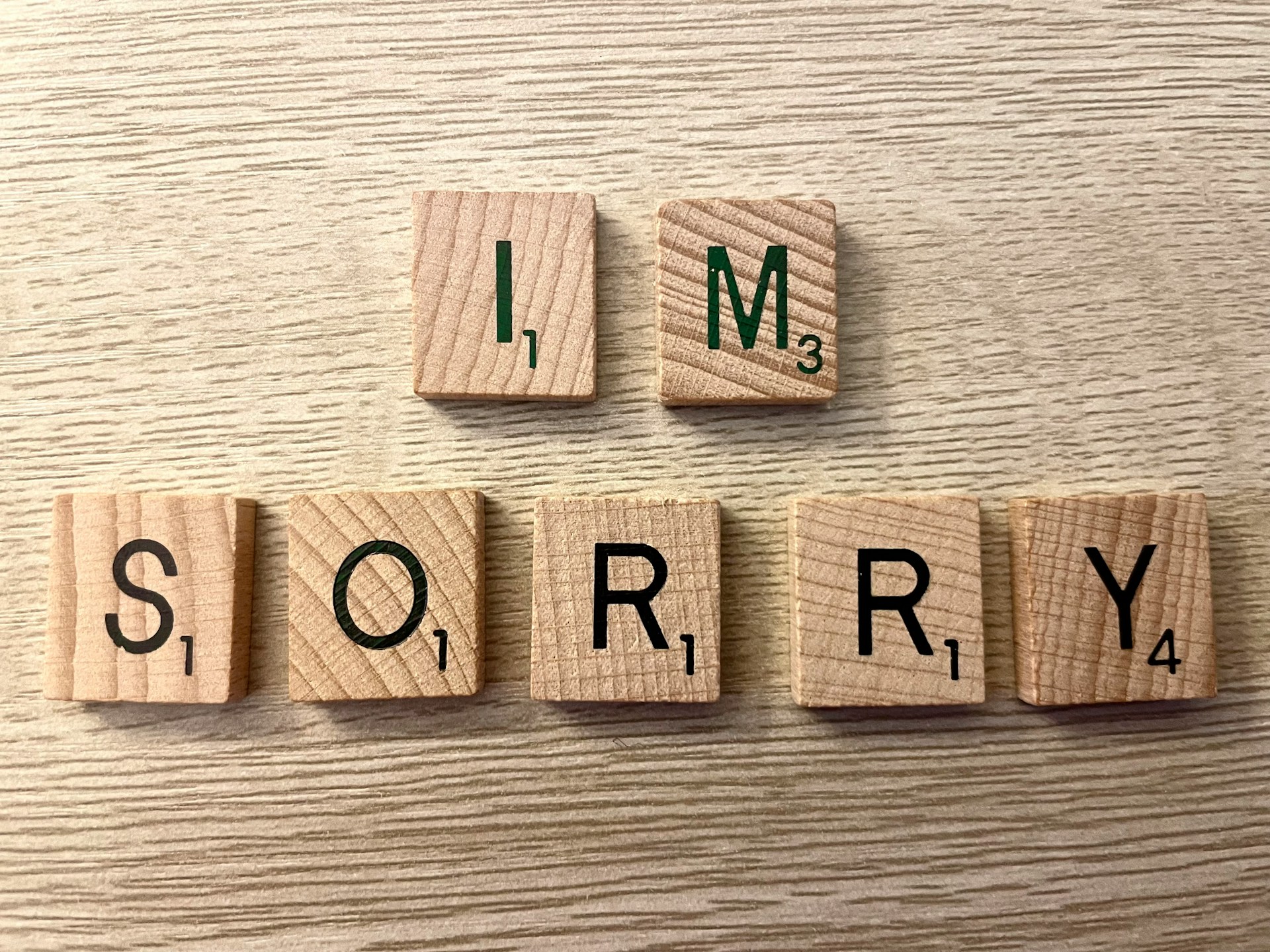In customer service, particularly within call centers, the instinct to apologize frequently can be strong. Many agents are taught that saying “sorry” is essential to maintaining a polite and empathetic tone with frustrated customers. However, over-apologizing can weaken the impact of an apology and even backfire by making the interaction feel insincere or overly defensive. Knowing when and how to use alternative language can make the conversation more productive and create a stronger bond with the customer. By focusing on the best alternatives to saying sorry in a call center, agents can enhance the customer experience and reduce the need for unnecessary apologies.
The Problem with Over-Apologizing
While saying “sorry” is often a reflexive reaction in challenging customer interactions, excessive apologies can create several unintended effects. Over-apologizing may give the impression that the company is always at fault, undermining the call center’s ability to resolve issues confidently. Furthermore, when an agent says “sorry” too often, it may diminish the gravity of the situation or sound repetitive, leading to customer frustration.
For instance, when a customer contacts a call center with an issue, they expect a solution more than an apology. If the conversation consists of constant apologies without active solutions, the customer might perceive the interaction as lacking substance or effectiveness.
When to Apologize
That said, apologies do have their place in call center interactions. Agents should express genuine regret when the company has made a mistake or failed to meet customer expectations. However, the key is balance. Apologies should be paired with action steps or solutions that demonstrate a commitment to resolving the issue at hand.
The goal is to replace reflexive apologies with alternative phrases that demonstrate empathy, understanding, and a proactive approach to addressing customer concerns.
Best Phrases to Replace “Sorry” in Call Centers
Here are some effective phrases to use in place of “sorry” that help maintain a respectful, empathetic tone while focusing on resolution:
1. “Thank you for your patience.”
Instead of saying “sorry for the wait,” try saying, “Thank you for your patience.” This phrase shifts the focus from the negative experience to appreciation for the customer’s understanding. It shows the customer that their time is valued while maintaining a positive tone.
Example:
- Instead of: “Sorry for the wait, we are experiencing high call volumes.”
- Try: “Thank you for your patience while we work through a busy period.”
2. “I understand your frustration.”
Empathy is key in customer service, but saying “sorry” isn’t always necessary to convey it. By acknowledging the customer’s feelings, you show that you’re listening and understand their perspective.
Example:
- Instead of: “I’m sorry you’re upset about this.”
- Try: “I understand your frustration, and I’m here to help resolve this for you.”
3. “Let me look into this for you.”
In many cases, customers want assurance that their issue is being addressed. Instead of apologizing, offer a proactive approach by immediately indicating you’ll investigate and work on a solution.
Example:
- Instead of: “Sorry for the confusion.”
- Try: “Let me look into this and get back to you with the correct information.”
4. “I’ll be happy to assist with that.”
Rather than starting with an apology, lead with a willingness to help. This phrase is positive, solution-focused, and shows that you are ready to take action.
Example:
- Instead of: “Sorry about the problem with your order.”
- Try: “I’ll be happy to assist in correcting your order and ensuring it gets to you on time.”
5. “Here’s what we can do.”
Customers often call with problems they want solved quickly. Offering a clear solution can be more effective than over-apologizing, as it shifts the conversation toward resolution.
Example:
- Instead of: “Sorry this happened.”
- Try: “Here’s what we can do to fix this issue.”
6. “I see what went wrong here.”
Sometimes, customers need an explanation for why a mistake occurred. Rather than defaulting to “sorry,” agents can explain what happened and focus on fixing the error.
Example:
- Instead of: “Sorry, this shouldn’t have happened.”
- Try: “I see what went wrong here, and I’ll make sure we correct it right away.”
Building Stronger Relationships Without Over-Apologizing
Avoiding over-apologizing doesn’t mean abandoning politeness or empathy. It’s about finding the right balance between acknowledging a customer’s concerns and providing real solutions. Customers don’t want apologies—they want their problems solved in a respectful, efficient manner. By replacing “sorry” with more constructive language, call center agents can build stronger relationships with customers, turning negative experiences into positive outcomes.
Focusing on positive language that emphasizes solutions helps customers feel heard and valued. It also reinforces the perception that the company is competent and capable of addressing any challenges that arise.
Conclusion: Adopting Alternatives to Apologizing in Call Centers
Over-apologizing is a common challenge in call center communication, but one that can be addressed with a shift in language. Replacing “sorry” with phrases that reflect empathy and action can lead to more meaningful customer interactions. Ultimately, this approach builds trust and rapport with customers, demonstrating that their concerns are taken seriously and that the company is committed to providing real solutions.












